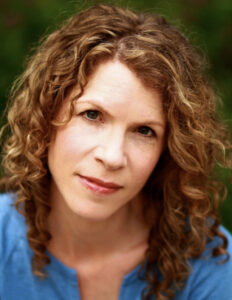
Simulationist Narrative Medicine Community co-founder Ginny Drda read her 2020 poem “Magnolia Doesn’t Know.”
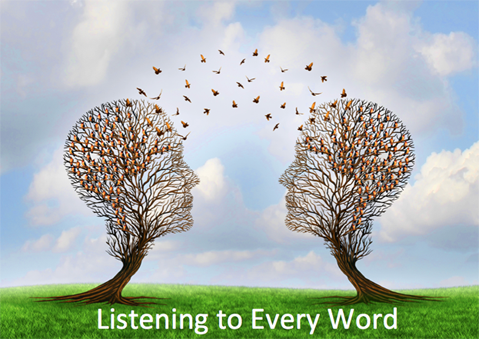

Simulationist Narrative Medicine Community co-founder Ginny Drda read her 2020 poem “Magnolia Doesn’t Know.”
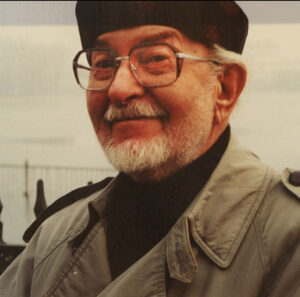
Jacob’s Chicken – Miloš Macourek
A chicken is a chicken, you all know how a chicken looks, so go ahead and draw a chicken the teacher tells the children, and all the kids suck on crayons and then draw chickens, coloring them black or brown, with black or brown crayons, but wouldn’t you know it, look at Jacob, he draws a chicken with every crayon in the box, then borrows some from Laura, and Jacob’s chicken ends up with an orange head, blue wings and red thighs and the teachers says that’s some bizarre chicken, what do you say children, and the kids roll with laughter while the teacher goes on, saying, that’s all because Jacob wasn’t paying attention, and, to tell the truth, Jacob’s chicken really looks more like a turkey, but then not quite, for it also resembles a sparrow and also a peacock, it’s as big as a quail and as lean as a swallow, a peculiar pullet, to say the least, Jacob earns an F for it and the chicken, instead of being hung on the wall, migrates to a pile of misfits on top of the teacher’s cabinet, the poor chicken’s feelings are hurt, nothing makes it happy about being on top of a teacher’s cabinet, so, deciding not to be chicken, it flies off through the open window.
But a chicken is a chicken, a chicken won’t fly too far, hence it ends up next door in a garden full of white cherries and powder-blue currants, a splendid garden that proudly shows the cultivator’s love, you see, the gardener, Professor Kapon, a recognized authority, is an ornithologist who was written seven books on birds and right now is finishing his eighth , and as he puts the last touches to it, he suddenly feels weary, so he goes out to do some light gardening, and toss a few horseshoes, which is easy and lets him muse over birds, there are tons of them, so many birds, Professor Kapon says to himself, but there isn’t a single bird that I discovered, he feels down, flips horseshoes and dreams a love-filled dream about an as-yet-unknown bird when his eyes fall on the chicken….
….to be continued
Reflective writing prompt
Write about using all the colors, or
draw a chicken.

flush by Rita Wong
awaken to the gently unstoppable rush of rain landing on roofs,
pavement, trees, porches, cars, balconies, yards, windows, doors,
pedestrians, bridges, beaches, mountains, the patter of millions
of small drops making contact everywhere, enveloping the city
in a sheen of wet life, multiple gifts from the clouds, pooled
over centuries and channelled to power us, rain propels our
water-based bodies that eat other water-based bodies, mineral
vegetable animal. when i turn on the shower, i turn my face and
shoulders toward post-chlorinated rain. the tap releases free rain
to slake our thirst, transformed through pipes and reservoirs.
anonymous agent of all that we, unwitting beneficiaries, do.
refusing the inertia of amnesia, i welcome the memory of rain
sliding into sink and teacup, throat and bladder, tub and toilet.
bountiful abundant carrier of what everyone emits into the
clouds, be that exhale or smoke, belch or chemical combustion,
flame or fragrance, the rain gives it all back to us in spates, a
familiar sound, an increasingly mysterious substance
Reflective writing prompt
Write about life without rain
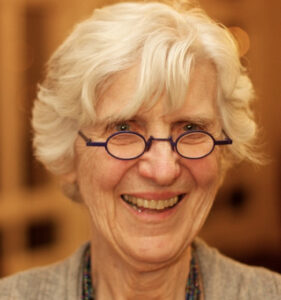
Pat Schneider
The Patience of Ordinary Things
It is a kind of love, is it not?
How the cup holds the tea,
How the chair stands sturdy and foursquare,
How the floor receives the bottoms of shoes
Or toes. How soles of feet know
Where they’re supposed to be.
I’ve been thinking about the patience
Of ordinary things, how clothes
Wait respectfully in closets
And soap dries quietly in the dish,
And towels drink the wet
From the skin of the back.
And the lovely repetition of stairs.
And what is more generous than a window?
Reflective writing prompt:
Write about the reliability of ordinary things.

Wing Tek Lum
Warmup Image:
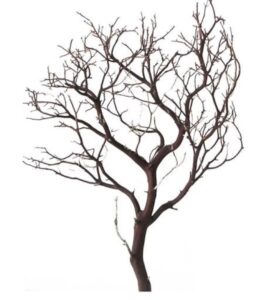
Co-constructed poem:
a tree in winter
A tree without leaves—-a winter tree
grace
graceful trunk, twigs with the promise of hope sprouting
thorns-growth-curves
craggy branches
The tree's life is being challenged by weather. But it thrives.
Veil, interweaving of delicacy and strength
The skeleton of the tree. A winter view
Plum Blossoms by Wing Tek Lum
Cold mountain winds scour the valley.
A hush descends upon the hard earth,
betraying no tears.
The gaunt plum hugs the river.
Its branches, shorn of leaves,
reach out like stark cries
in the Winter night, a spider’s agony.
Yet nubs of blossoms
nudge through the crinkled bark
on one twig, then another.
Buds nestle in crooks and crevices,
white as frost, grudging smiles,
a compassion nourished from within,
seeking air, seeking light.

Reflective writing prompt:
Write about the harbingers of Spring.

Cindy Sherman, Untitled #610
Reflective writing prompt:
Write about the person who lives in your clothes.
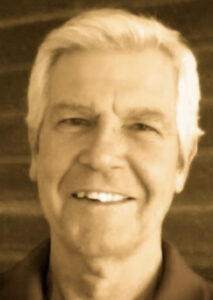
| Trompe L’oeil- Al Zolynas
Perhaps because my near vision is so good, And thus could I trick my eyes |
Reflective writing prompt:
Write about a trick for seeing great distances.
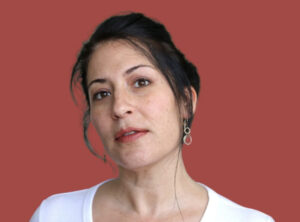
Before, by Ada Limón
No shoes and a glossy
red helmet, I rode
on the back of my dad’s
Harley at seven years old.
Before the divorce.
Before the new apartment.
Before the new marriage.
Before the apple tree.
Before the ceramics in the garbage.
Before the dog’s chain.
Before the koi were all eaten
by the crane. Before the road
between us there was the road
beneath us, and I was just
big enough not to let go:
Henno Road, creek just below,
rough wind, chicken legs,
and I never knew survival
was like that. If you live,
you look back and beg
for it again, the hazardous
bliss before you know
what you would miss.
Reflective Writing Prompt
Start writing with “Before….”
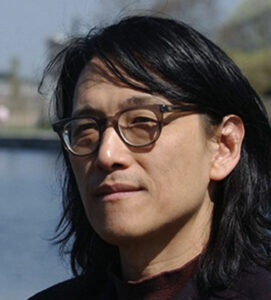
From Blossoms – Li-Young Lee
From blossoms comes
this brown paper bag of peaches
we bought from the boy
at the bend in the road where we turned toward
signs painted Peaches.
From laden boughs, from hands,
from sweet fellowship in the bins,
comes nectar at the roadside, succulent
peaches we devour, dusty skin and all,
comes the familiar dust of summer, dust we eat.
O, to take what we love inside,
to carry within us an orchard, to eat
not only the skin, but the shade,
not only the sugar, but the days, to hold
the fruit in our hands, adore it, then bite into
the round jubilance of peach.
There are days we live
as if death were nowhere
in the background; from joy
to joy to joy, from wing to wing,
from blossom to blossom to
impossible blossom, to sweet impossible blossom.
